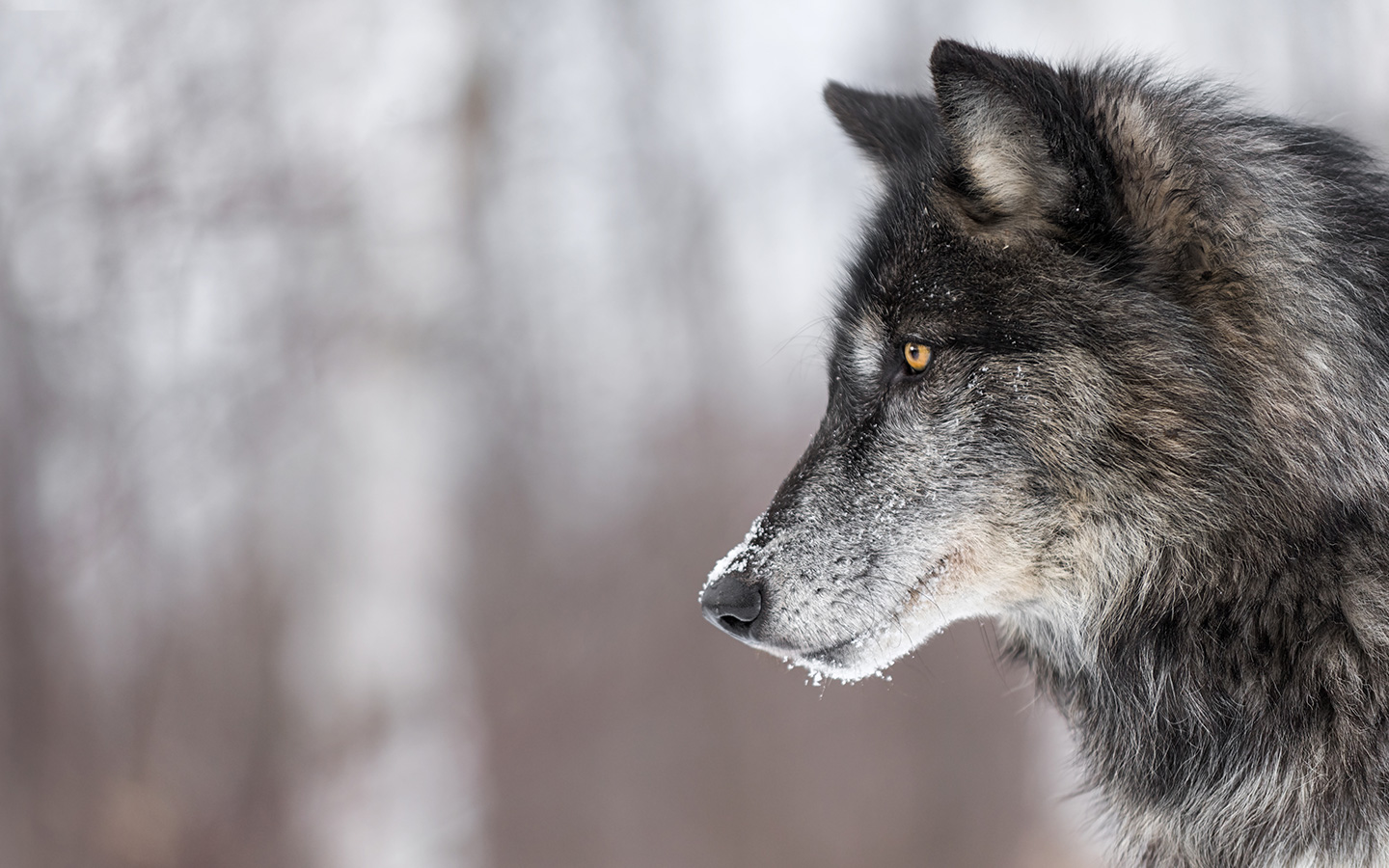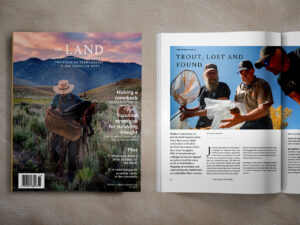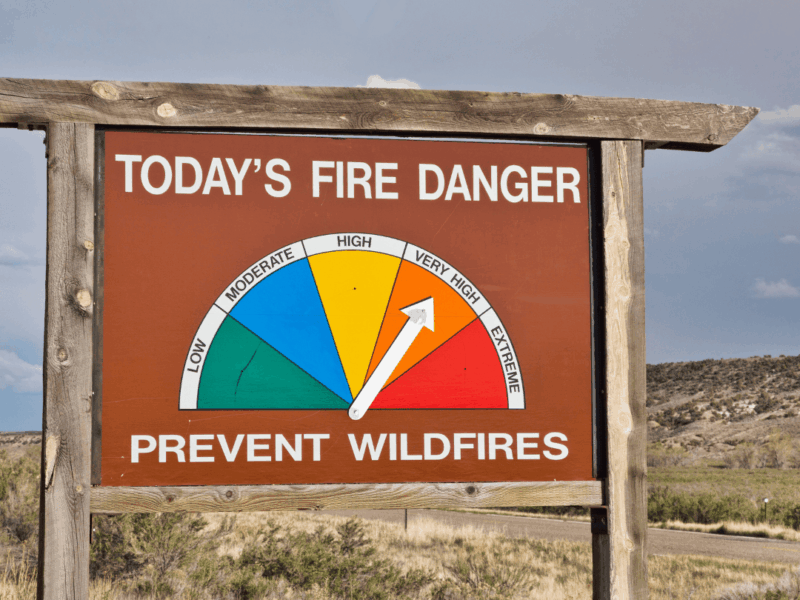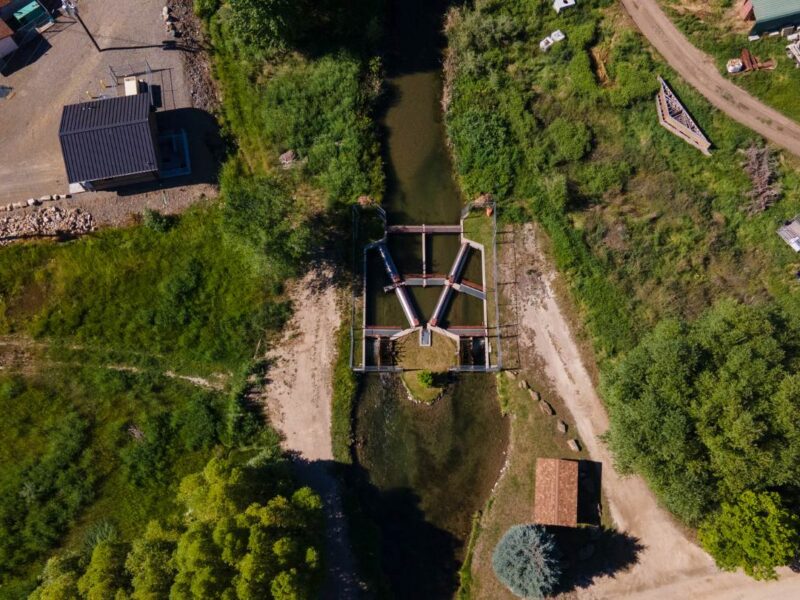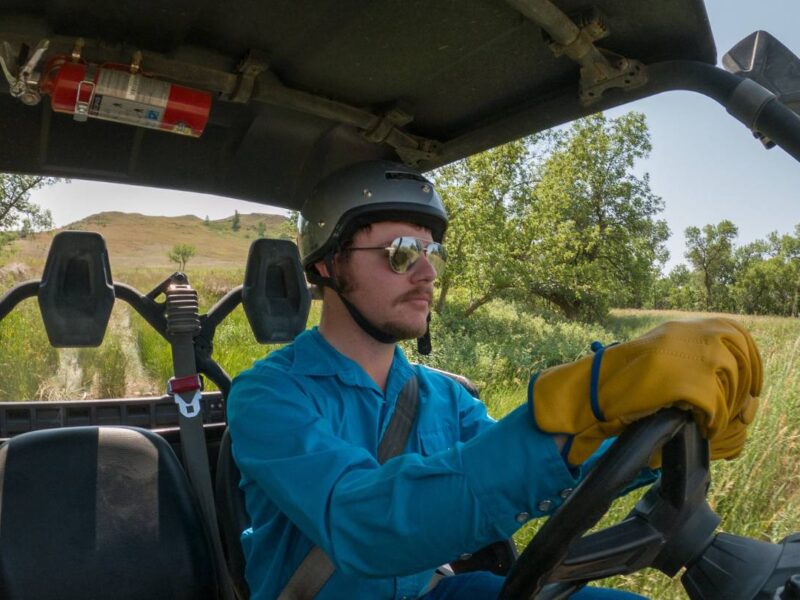The ballot box ecology of Colorado Proposition 114 wasn’t a great strategy for bringing people together across an already polarized rural-urban divide. Colorado Parks and Wildlife is now required to craft a wolf restoration and management plan that meets the goals of Prop. 114 “to establish and maintain a self-sustaining population of wolves” while also meeting the needs of landowners and rural communities who will be most impacted. While wolf advocates are pushing for speed in the planning process, evidence from conservation planning elsewhere clearly shows that would undermine the long-term goals of Prop. 114, and deepen the cultural strain between rural and urban already facing the state.
Research has long shown that quality stakeholder involvement processes use scientific information, have genuine influence on decisions, treat people fairly, and promote informative communication and learning. In his book Communities of Practice, Etienne Wenger showed how the social learning that results when people collaborate long-term to develop solutions or innovations supports citizen power. But it is critical that the stakeholders have direct involvement in the decision-making process.
Working lands are where people and nature come together. Durable conservation requires land and wildlife management strategies are informed and supported by those closest to the ground. Land stewards who work under dynamic resource conditions with continually evolving science understand the importance of flexibility and adaptive management. The voice of working lands managers must not only be heard, but also have the opportunity to influence decision-making through stakeholder participation.
To begin to heal the wound opened by the passage of Proposition 114, landowners must participate in meaningful dialogue with CPW. Western Landowners Alliance is working to bring the landowner voice into constructive conversation between wildlife managers and working lands stewards to solve problems through peer learning, public policies, and access to technical and financial assistance. Our radical center approach leads to stronger partnerships, more resilient ranches, and ultimately, better-connected landscapes to create win-win-wins for the economy, community and conservation.
Make your voice heard through the Alliance.
WLA staff are working on behalf of Colorado landowners to shape the planning and engagement process so it is meaningful, practical, inclusive, and landowner-led.
We want to hear your ideas and concerns. Join our bi-weekly Practitioners Calls, where ranchers talk with ranchers about policies and practices to meet the challenge of wildlife on working lands.
Get the call in info here:


